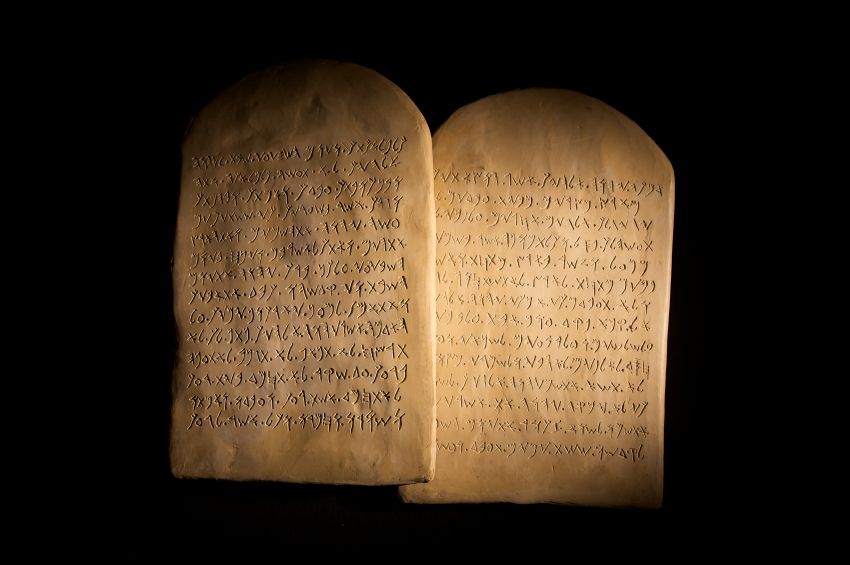 After a pretty interesting discussion after the tithing post (part 2 will come later down the road,) a reader mentioned that tithing is not "biblical." The premise was that tithing was not "biblical" because Christ came that we may be redeemed from the law. That led me to think... if we have been redeemed from the law, then why do we condemn those sins, activities, and thoughts that are considered part of that "law?"
After a pretty interesting discussion after the tithing post (part 2 will come later down the road,) a reader mentioned that tithing is not "biblical." The premise was that tithing was not "biblical" because Christ came that we may be redeemed from the law. That led me to think... if we have been redeemed from the law, then why do we condemn those sins, activities, and thoughts that are considered part of that "law?"I would like to spark a discussion. Before we do though, let's look at the scripture:
Galatians 3:13 states: "But Christ has rescued us from the curse pronounced by the law. When he was hung on the cross, he took upon himself the curse for our wrongdoing. For it is written in the Scriptures, “Cursed is everyone who is hung on a tree.”
So what was the law? Was it the laws that Jews were to follow before the coming of Christ? The 10 Commandments?
Further reading of Galatians 3 says that :
"Through Christ Jesus, God has blessed the Gentiles with the same blessing he promised to Abraham, so that we who are believers (Gentiles) might receive the promised Holy Spirit through faith."
If this is the case, what was promised to Abraham? Deuteronomy 28 gives us the detailed account of what was promised to Abraham as well as what the "curse" entailed. According to Moses, the "curses" for breaking the "law" were sickness, poverty, and spiritual death.
So, does being redeemed from the curse of the law mean that we are no longer bound by the rules or laws such as homosexuality, wearing clothing made of different material, eating pig and shellfish? Does it mean that because we have been redeemed from the law that we are no longer "punished" for breaking or being disobedient to the law because of His grace and mercy? Or does it mean that through our belief and faith that we Gentiles can now enjoy the same blessings and prosperity that was promised to Abraham?
Leave a comment and let me know what say you!
Reference
Deuteronomy. Bible Gateway. Retrieved from www.biblegateway.com
Galatians. Bible Gateway. Retrieved from www.biblegateway.com